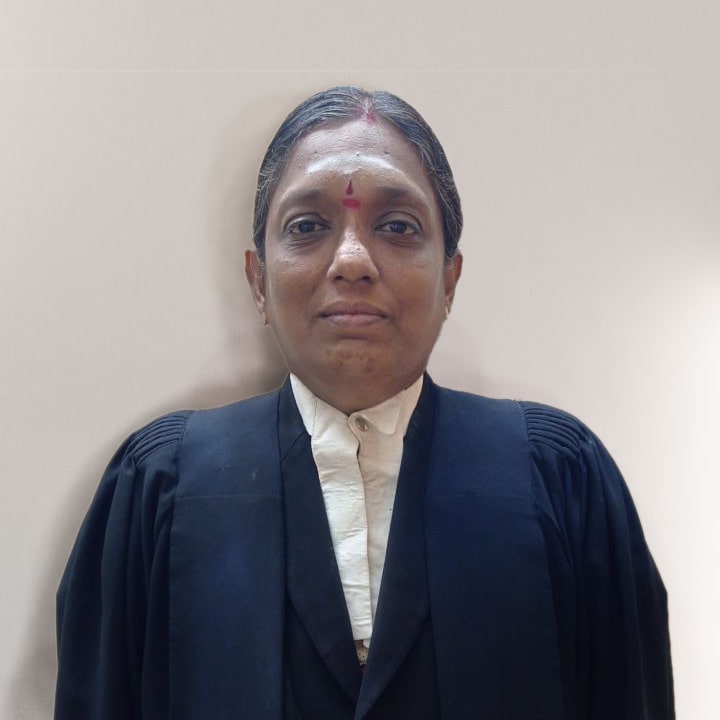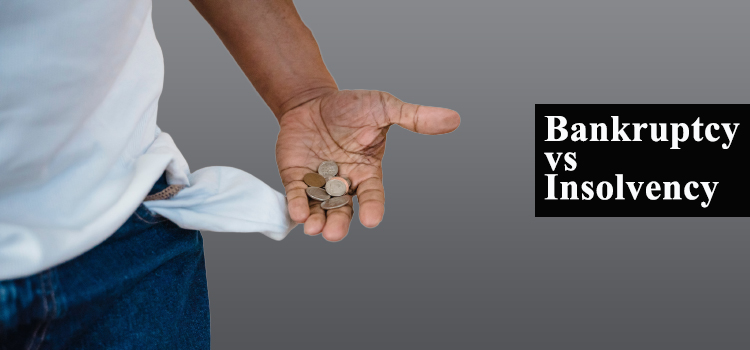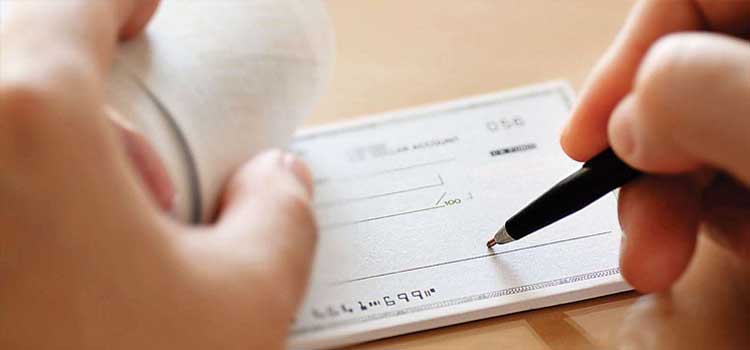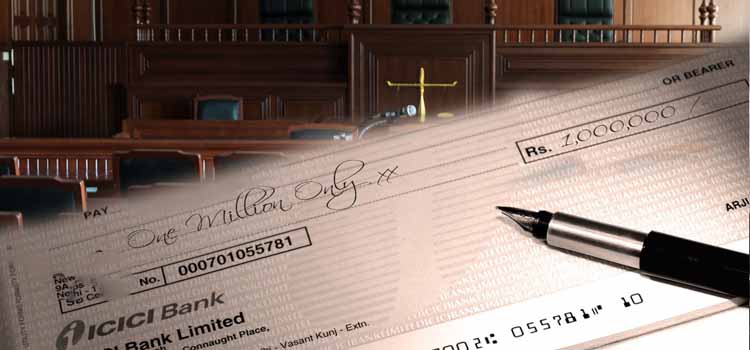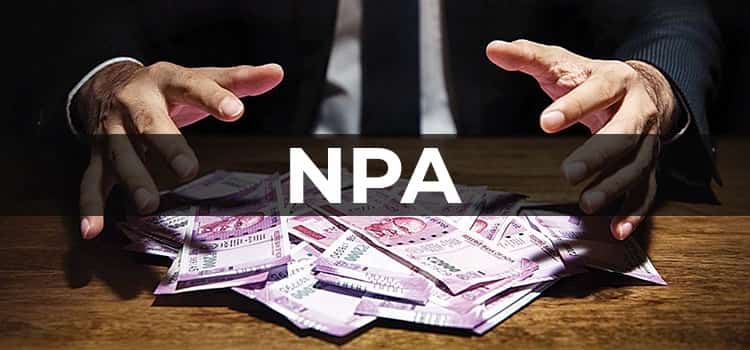Debt Collection Lawyers
Debt Recovery Laws
Common questions on ‘Debt Recovery laws’
- What are the laws on debt recovery?
- How do one pay off debt in collections?
- How long can a debt be collected?
- What are the main features of debt recovery laws?
- How to respond to a summon of debt collection?
In 2016, Prakash Sarvankar who used to live in Mumbai committed suicide accusing for his death a recovery agent. Instances like these indicated the terror of recovery agents. Hence laws were made to regulate this aspect of the society.
Some of the governing laws in this topic are:
- Enforcement of Security Interest and Recovery of Debts Laws and Miscellaneous Provisions (Amendment) Act, 2016
- Recovery of Debts due to Banks and Financial Institutions Act, 1993
- Securitisation and Reconstruction of Financial Assets and Enforcement of Security Interest Act, 2002 (SARFAESI Act)
Some features of Debt-Recovery Laws:
- Debt Recovery Tribunals in case the defaulter is a company order for the sale proceeds to be distributed amongst creditors
- Debt Recovery Tribunals are not bound by the Code of Civil Procedure 1908, they’re guided by principles of natural justice.
- As per Rule 4 of the Debts Recovery Tribunal (Procedure) Rules, 1993; an application filed must set forth concisely under distinct heads, the grounds for such application and such grounds shall be numbered consecutively and shall be typed in double space on one side of the paper.
If banks still employ an illegal assault oriented method of recovering their money, then, informing the police is of importance. In the event that you get intimidating calls, contact the police and let the bank know that you are informing about the issue to the Police. Gripe sharply to the bank. Debilitate suit if require be. Keep an audio recorder prepared to avoid potential risk against additionally calls.
In the discussion, attempt to get the recovery agent to unmistakably say what he needs from you, the name of his organization and which bank has procured him.
On the off chance that the goons visit you, document an objection at the closest police station. Take photos of the individual who has gone to your home and present these to the police.
You can sue the bank exclusively, or approach a Consumer Action Group, some of which are recorded below
- Abhay Credit Counselling Centre (Bank of India): www.bankofindia.com/ home/abhay.asp
- Disha Credit Counselling Centre (ICICI Bank): www.dishafc.org
- International Consumer Rights Protection Council (ICRPC): www.icrpc.org
- National Consumer toll free helpline: 1600-11-4000
- Consumer Education Research Centre (CERC): www.cercindia.org
- Citizen Consumer and Civic Action Group (CAG): www.cag.org.in
- Consumer Guidance Society of India (CGCI): www.cgsiindia.org
- Voluntary Organisation in Interest of Consumer Education: www.consumer-voice.org
- Consumer Advantage: www.advantageconsumer.com
Search Result : Expert Debt collection Lawyers
Consult Expert Debt collection Lawyers in India
Advocate Anik
Advocate Anish Palkar
Mumbai suburban
Advocate Arvind Tripathi
Allahabad
Advocate Shrikrushna Tambde
Nagpur
Advocate Noel D'souza
North Goa
Advocate Karunasish Chakraborty
Kolkata
Advocate Jaswant Singh Katariya
Gurgaon
Advocate Rohit Dalmia
Mumbai suburban
Advocate Rajendra Prasad
Hyderabad
Advocate Samarjeet Shandilya
Ranchi








